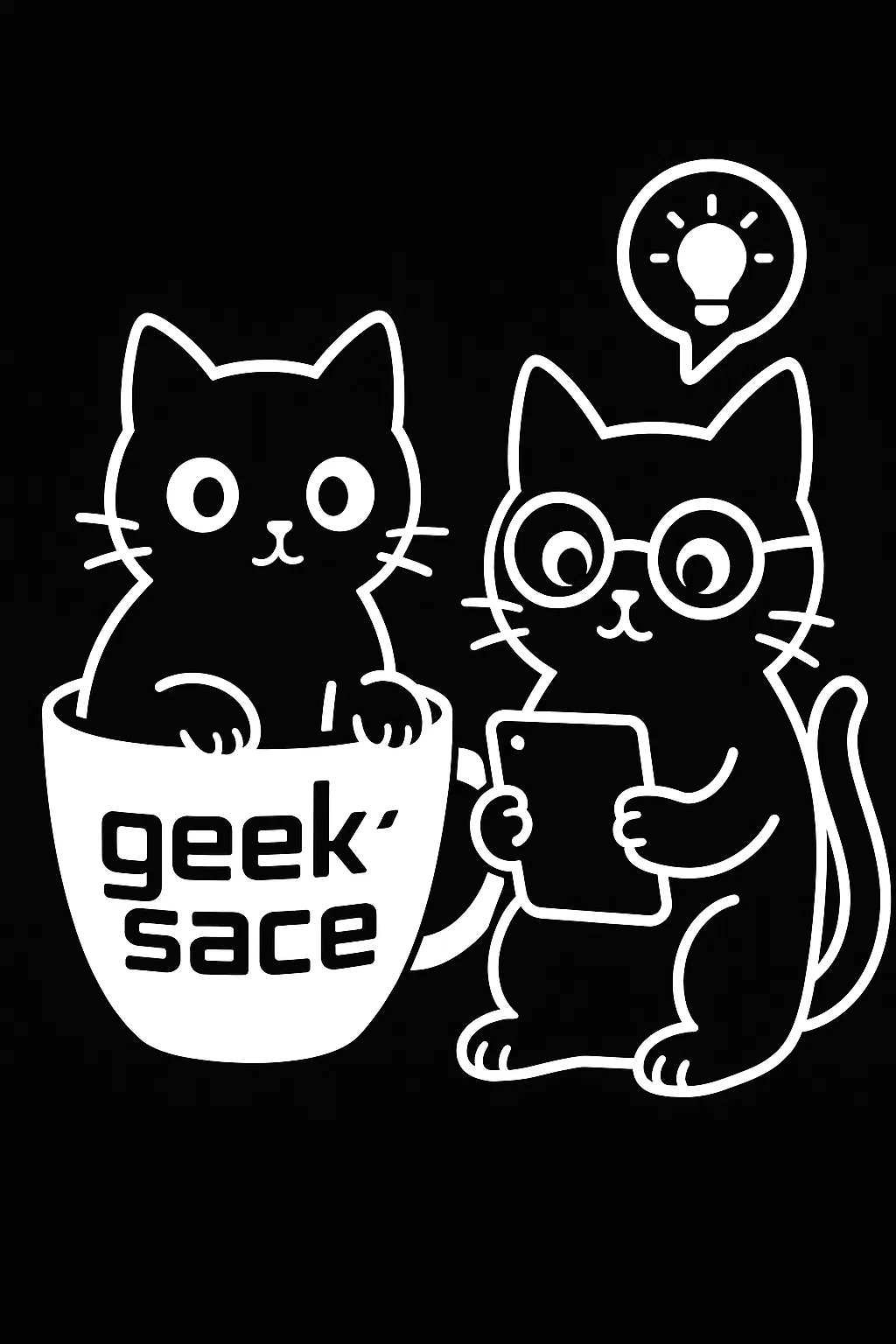
Newsletter Subscribe
Enter your email address below and subscribe to our newsletter

Enter your email address below and subscribe to our newsletter
Valve has quietly updated its Steam publishing rules, introducing new and highly ambiguous guidelines targeting adult-only content. As reported by Eurogamer, developers are now prohibited from publishing content that could “violate the rules and standards” of credit card companies, internet service providers, and financial institutions.
The new rule appears to have been added in recent months. Steam now forbids:
“Content that may violate the rules and standards set forth by [its] payment processors and related card networks and banks, or internet network providers.”
While Valve adds a vague recommendation to avoid “certain kinds of adult-only content,” the company provides no specific definitions, leaving developers confused and frustrated.
Banks and credit card companies have historically been reluctant to support platforms linked to sexual content, citing reputational and legal risks. This move echoes similar controversies involving Patreon and OnlyFans, both of which faced payment processor pressure to restrict explicit content.
Industry insiders suggest Valve’s decision may stem from recent criticism over extreme NSFW titles on Steam, including games featuring incest themes. According to SteamDB, Valve has been quietly removing such titles from the store in recent weeks.

The vague language has sparked alarm among adult game developers and LGBTQ+ creators. Some worry that the new policy could normalize financial censorship, disproportionately impacting queer and transgressive games.
As YouTuber NoahFuel Gaming wrote on X (formerly Twitter):
“Banks like Visa and Mastercard are now backdoor moral authorities… They already pressured Patreon, OnlyFans, and others. Now Steam is next. And guess who they’ll target first? Queer, transgressive, or ‘unusual’ games… Corporate cowardice in action.”
Critics argue that this rule effectively hands financial institutions control over creative freedom, raising concerns about future restrictions on art, sexuality, and representation in gaming.

This change marks a sharp departure from Valve’s previous policy of allowing “everything” on Steam unless illegal or “straight-up trolling.” The lack of transparency now leaves developers guessing what content will trigger bans.
Valve has yet to issue an official statement. We’ve reached out for comment and will update when more details are available.